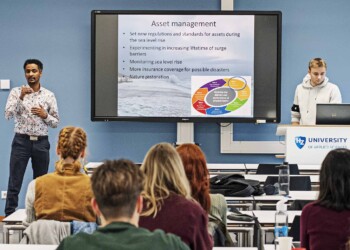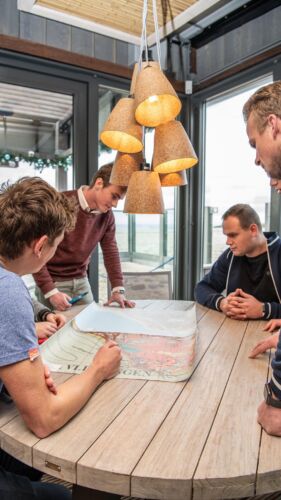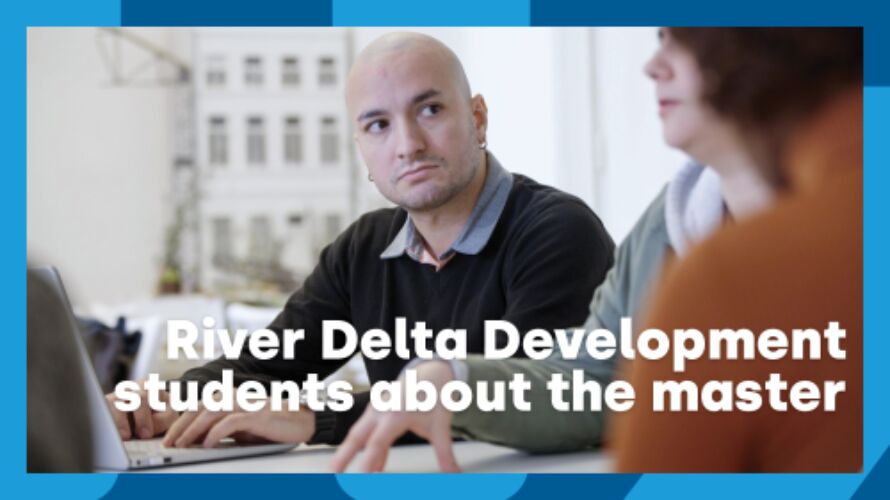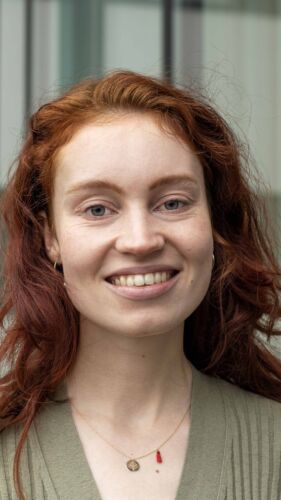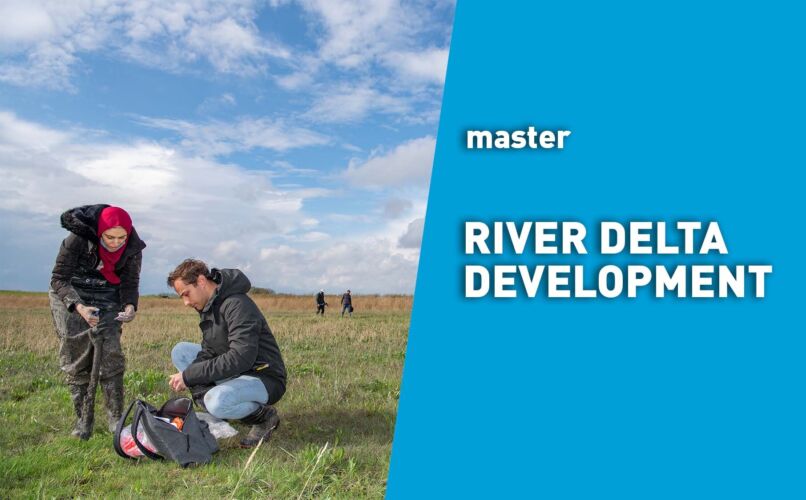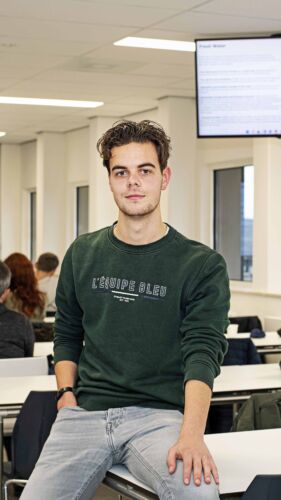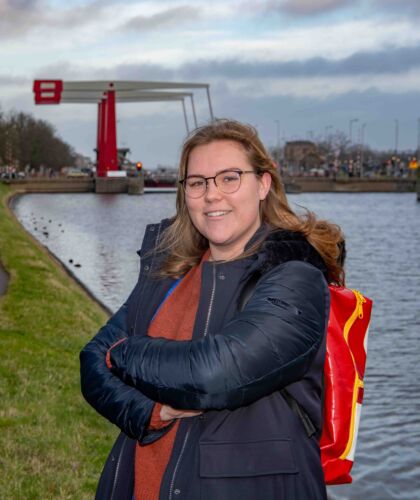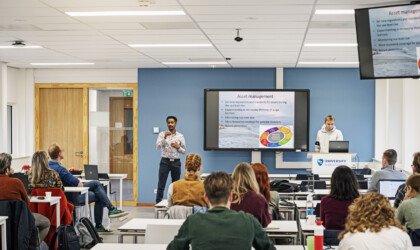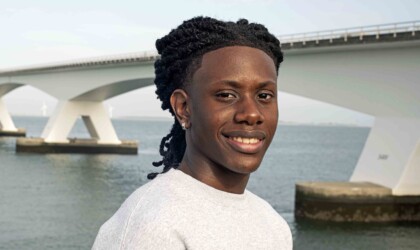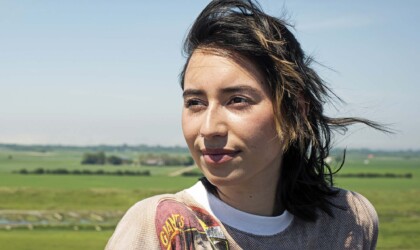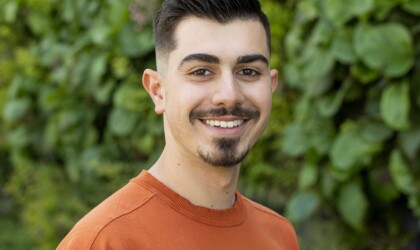Do you want to play a crucial role in shaping the river deltas of the future? Are you keen to find solutions to one of this century’s most pressing challenges? Then the master’s degree River Delta Development is for you!
River deltas are not only home to millions of people and several different ecosystems, they are also essential for global food production and economic activity. These areas are under pressure, because of climate change, the rise in sea levels and overpopulation. Floods, subsidence and the salinisation of groundwater are just some of the challenges we face, which is why we need visionaries who can build bridges between ecology, technology and society.
Bring technological change into practice
The programme prepares you for a role as a 'facilitator of change', a professional who makes practical use of advances in technology so that people and nature can live in harmony with water. The focus of the programme is on developing ideas and solutions in which you listen to stakeholders and involve them in sustainable, long-term solutions which receive broad support.
Collaborate with professionals in Living Labs
You combine theoretical knowledge about the way delta systems function with practical assignments in 'Living Labs', real locations in delta areas where you work together with local communities, companies and policy makers. For example, how do you design a climate-resistant riverbank for the Grevelingenmeer that everyone is happy to support? You look at technological possibilities, costs and the risk of rises in water level, and the needs of both residents and farmers.
Study in 3 places in the Netherlands
This master’s is a unique joint degree from three institutes of higher learning with special expertise in water: HZ University of Applied Sciences (coastal area), Van Hall Larenstein University of Applied Sciences (river systems) and Rotterdam University of Applied Sciences (urban water). Studying and working at these three locations will increase your understanding of different types of delta area and your network within the field.
After you have completed your studies, you can work for international organizations, consultancy firms, government agencies or NGOs. Whether you choose a career as an urban planner in a big city built near water, a consultant on sustainable agriculture in a fertile delta or a researcher into healthy river systems – the world is your oyster.

